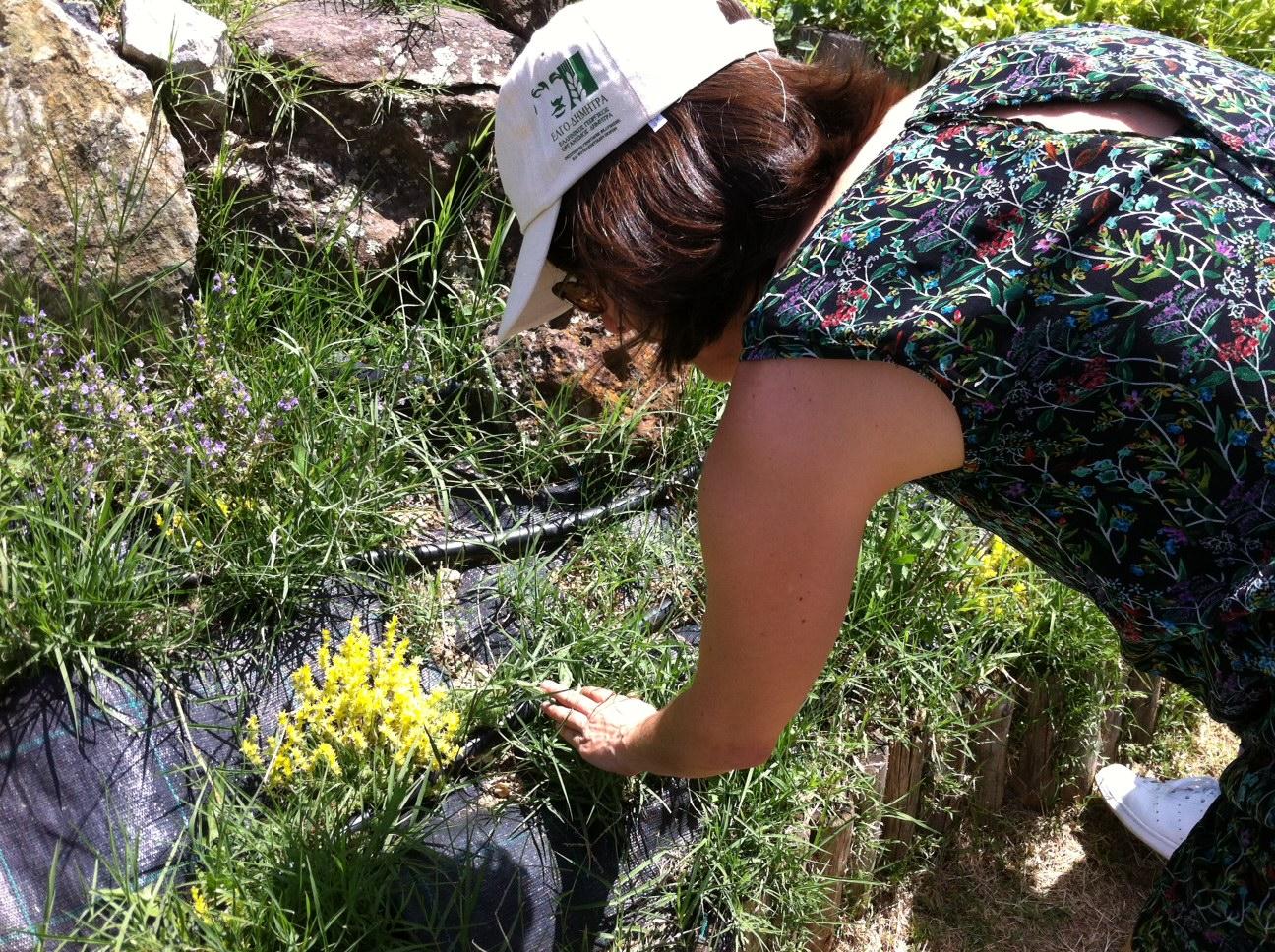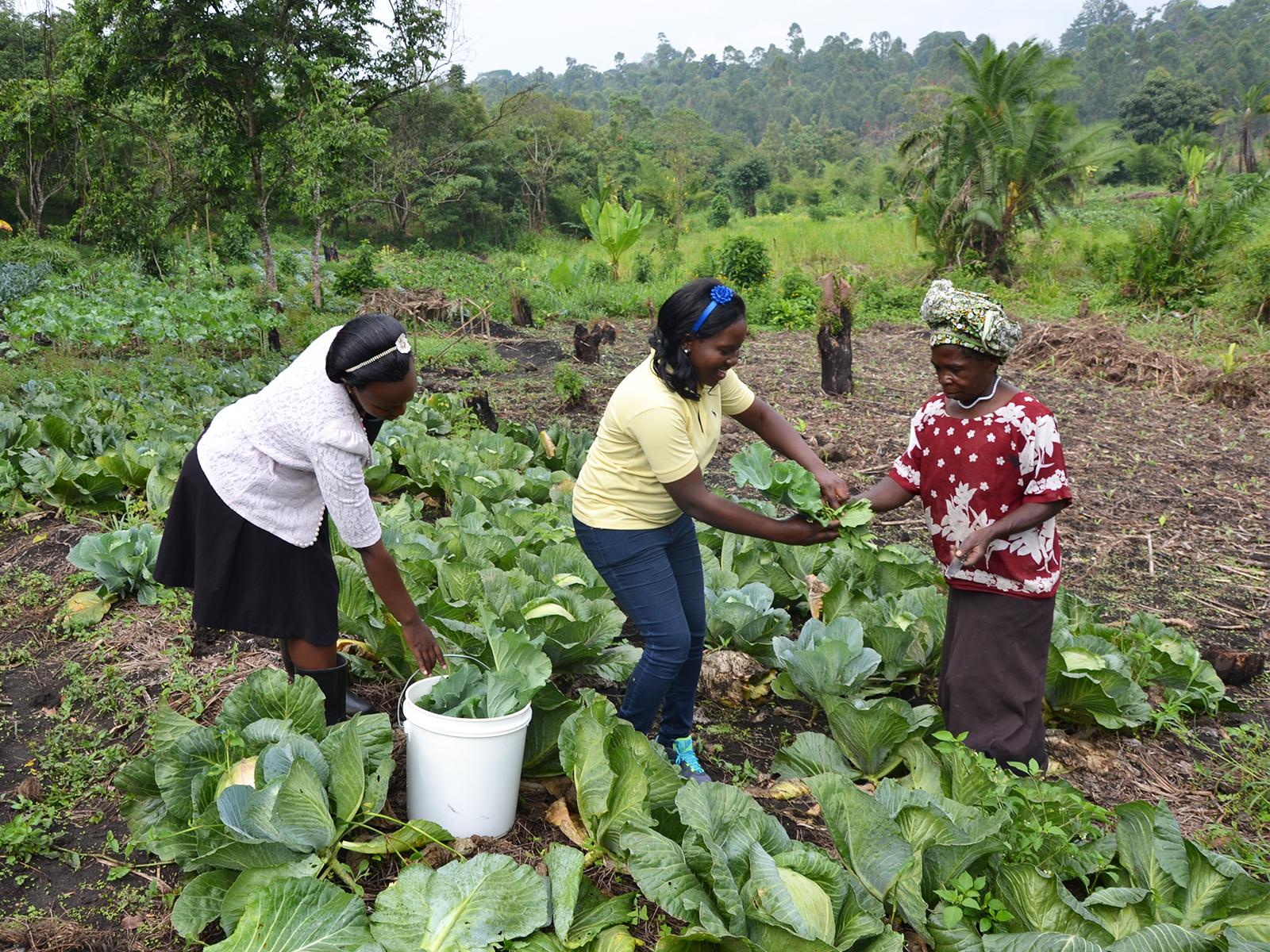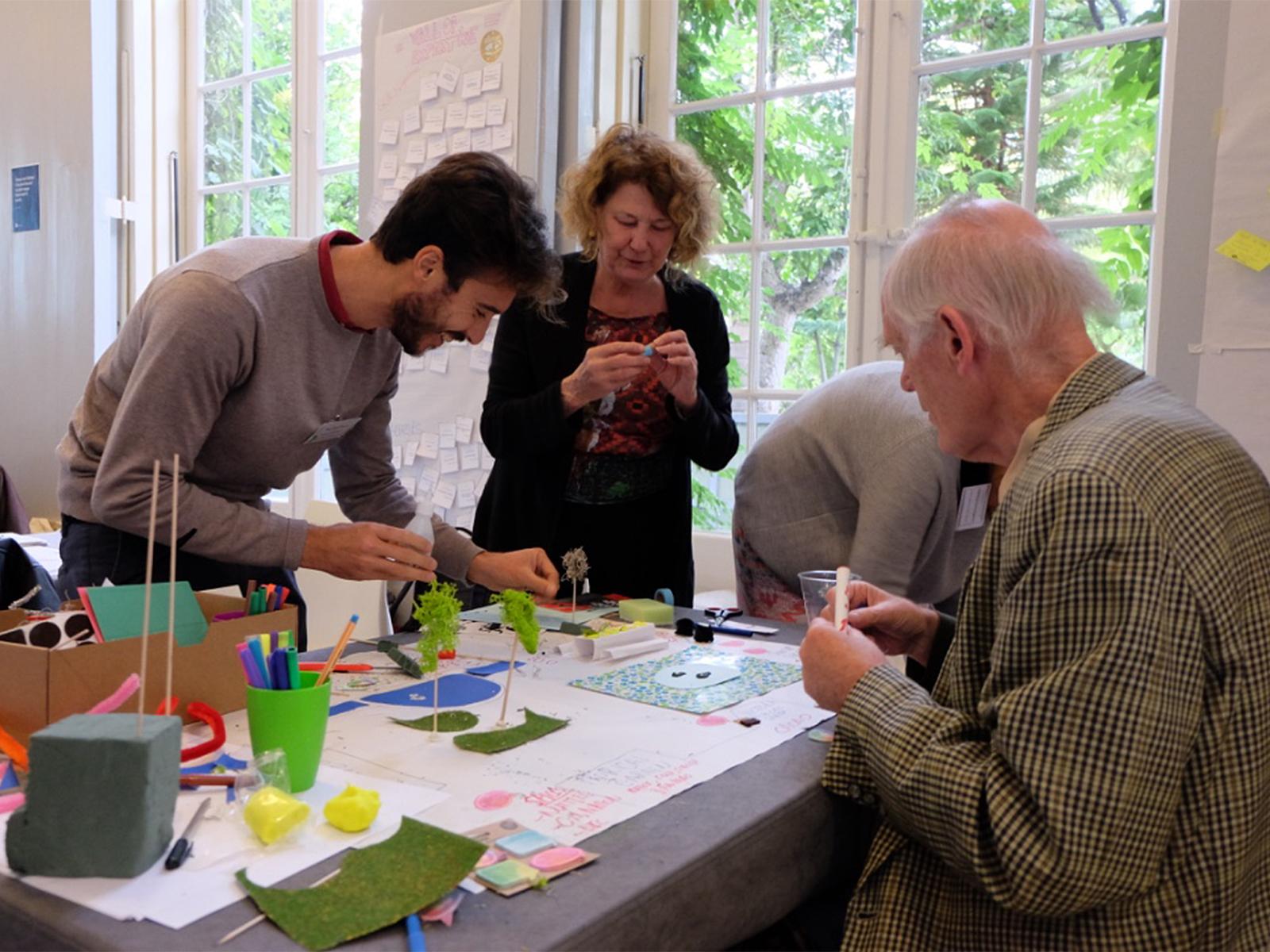More and more cultural (heritage) institutions are trying to redefine their role in society. This also applies to the 15 botanical gardens in Europe and Uganda that are partners in the new European project BigPicnic. In this project, Waag helps the botanical gardens in developing skills in co-creation, so that they themselves can bring about a change in their organizations, their audience and partners.
In order to make the introduction of the principles of co-creation easier, a social issue is chosen that is relevant to all partners: 'food security'. The Botanic Gardens Conservation International (BGCI), the largest umbrella organization for Botanic Gardens around the world, is taking the lead with a very socially engaged mission. By participating in BigPicnic, the gardens explicitly choose to take part in the debate with European (and Uganda) public and food consumers, their audience.
In the next three years we will report on the organizational changes at the gardens and their ecosystem. Because the 15 gardens in the project all have a different social and cultural context, this asks for special insights and stories. The situation in Norway is not comparable with Uganda or Spain, gardens attached to universities have different constraints and opportunities than private gardens. Difficulties faced to reach audiences are different for each of the gardens. But they also share knowledge, insights and experiences - which is part of the learning process for them, us and the public.
It is up to each garden what is feasible or the most relevant themes to their context and to focus on with BigPicnic. Ultimately, the involvement of citizens and stakeholders in the design of this approach is the most important part for us. During the kick-off in Thessaloniki together with the gardens, we began with a reflection on themselves and their audiences. What kind of organization is their garden? What knowledge they have? Who are their partners and stakeholders? What is their position in society, and what is important for them? What kind of people want to reach the gardens and why? And what do they actually know about this target audience?
An organizational change cannot be realized from one day to another. BigPicnic is a three-year project, which enables us to introduce changes step-by-step: some gardens will take the lead in the first year so that they can advise other gardens in later stages. Eventually, all the gardens of Big Picnic will enter the process of co-creation, adapted to their own context, and make use of each other's knowledge and experience.
Armed with the knowledge about their own organization and the public that was gathered during the kick-off, we are now working towards the next big event: a two-day training session in October, in which we develop co-creation strategies with the gardens to formulate their own mission around 'food security'. We will help the gardens with our resources and expertise at hand to initiate a sustainable organizational change, with the help of the public and stakeholders.
As we have shown before, in projects like RICHES and Plants for the Future, it is important to us that social organizations, such as botanical gardens, gain better insight into what questions are living in society - and how their own agenda can be adapted to comply. Which audience has new insights? Where are the opportunities? And how do they make sure that they transcend the most obvious ideas, and insert new levels?
We look forward to a special and inspiring project over the next three years, with motivated partners in Europe and Uganda.


